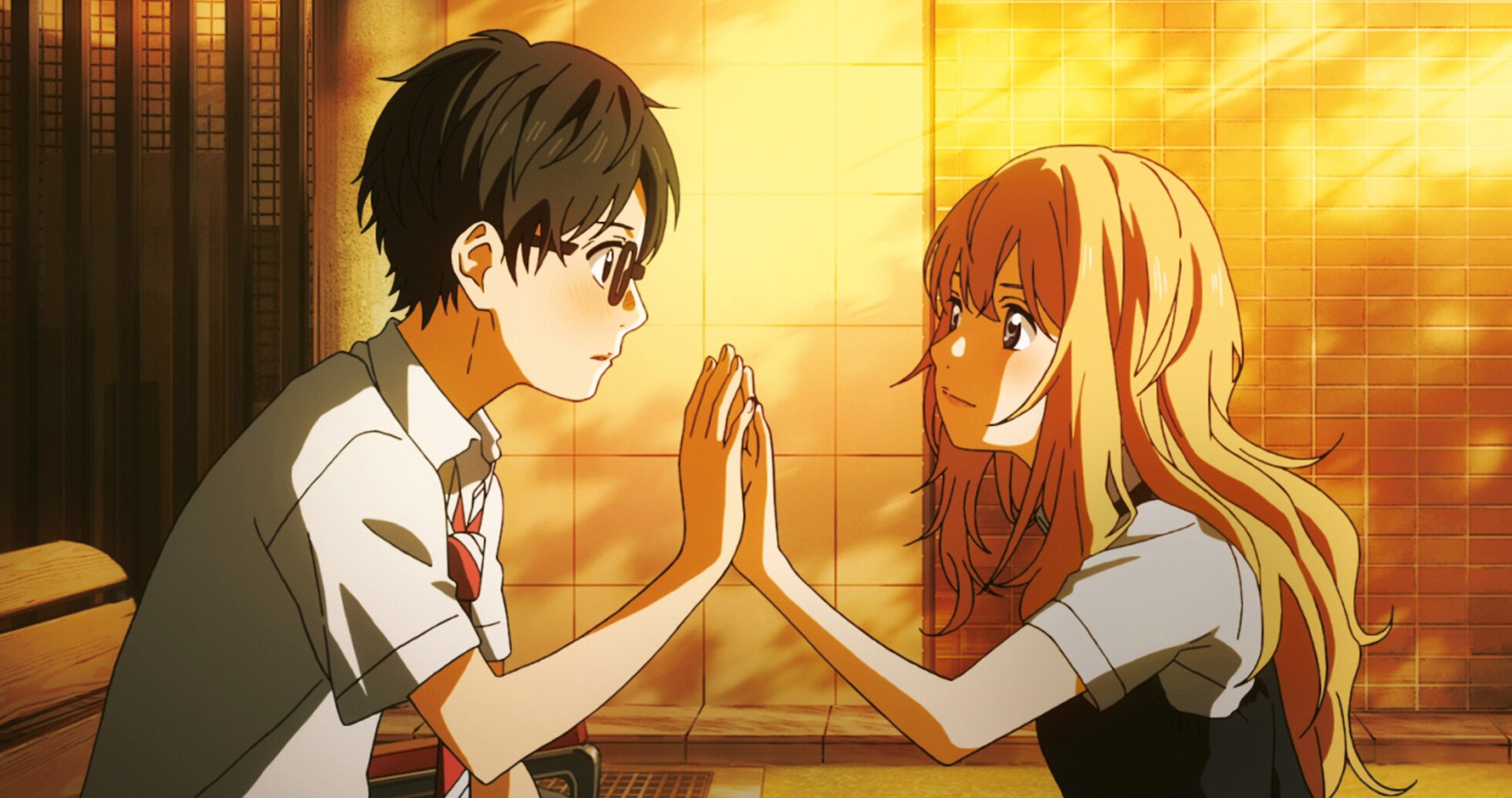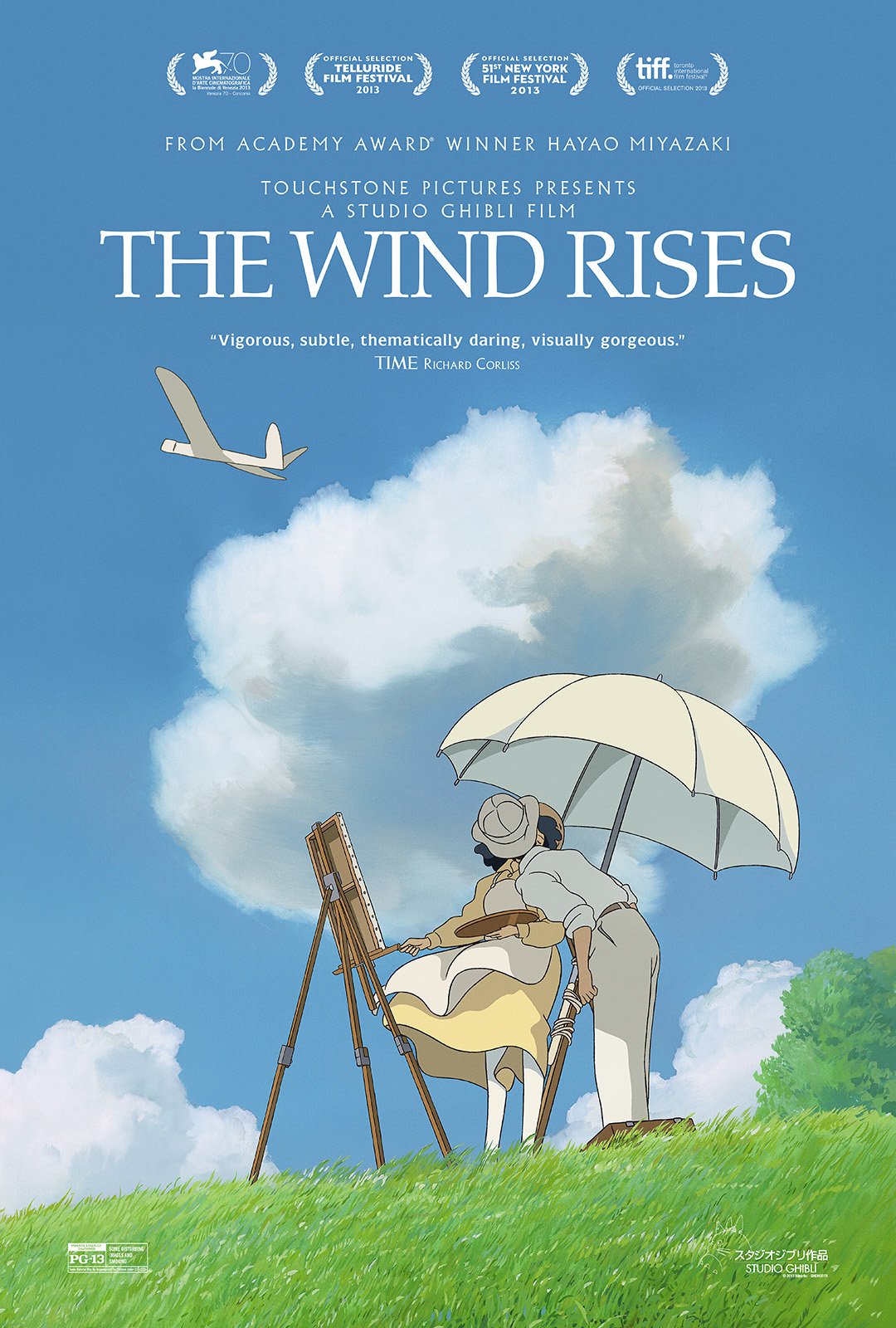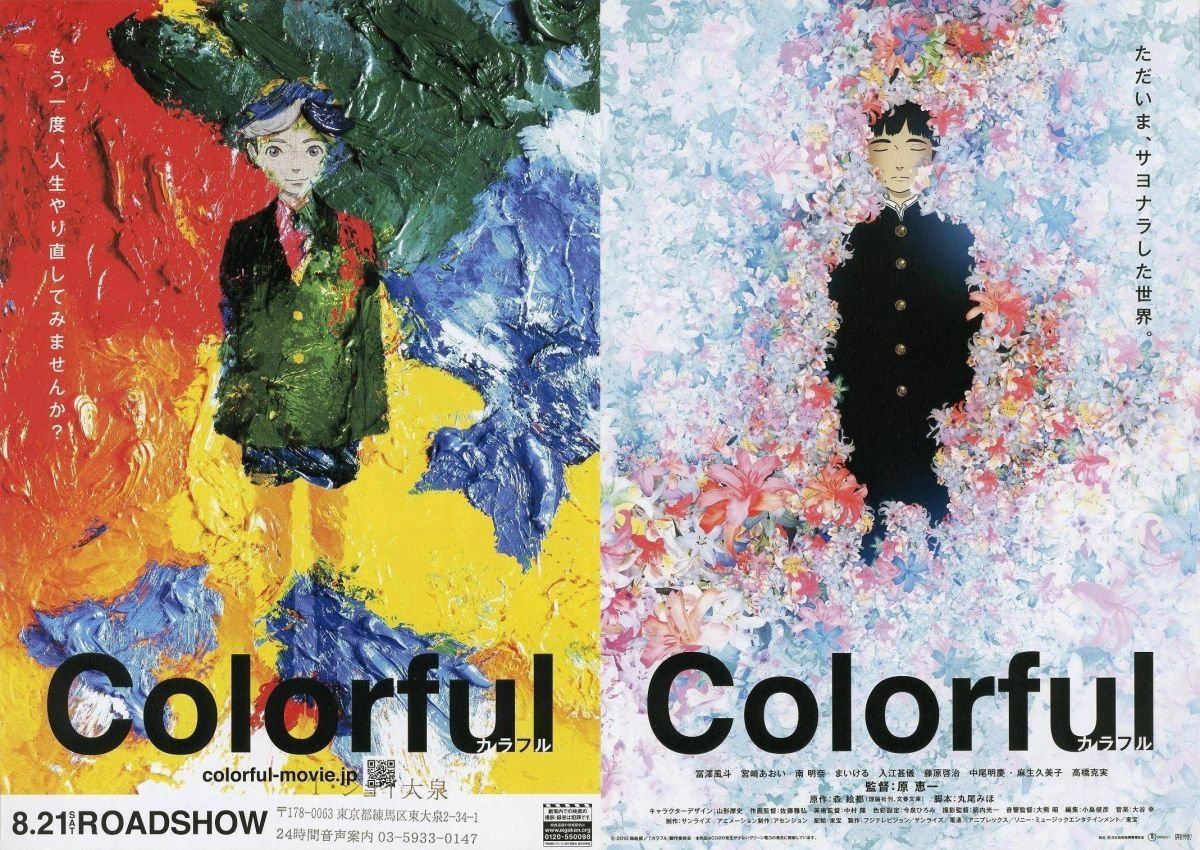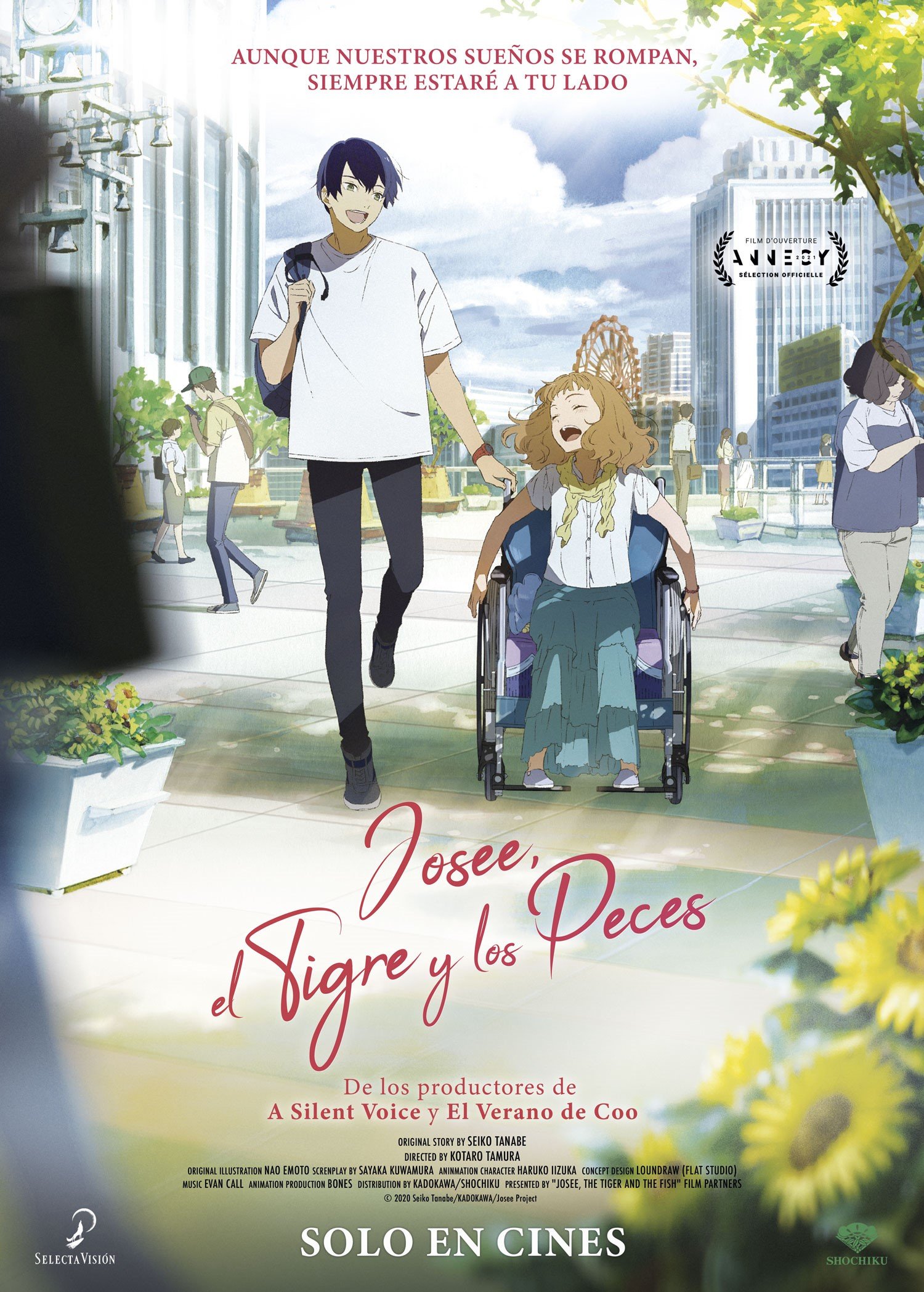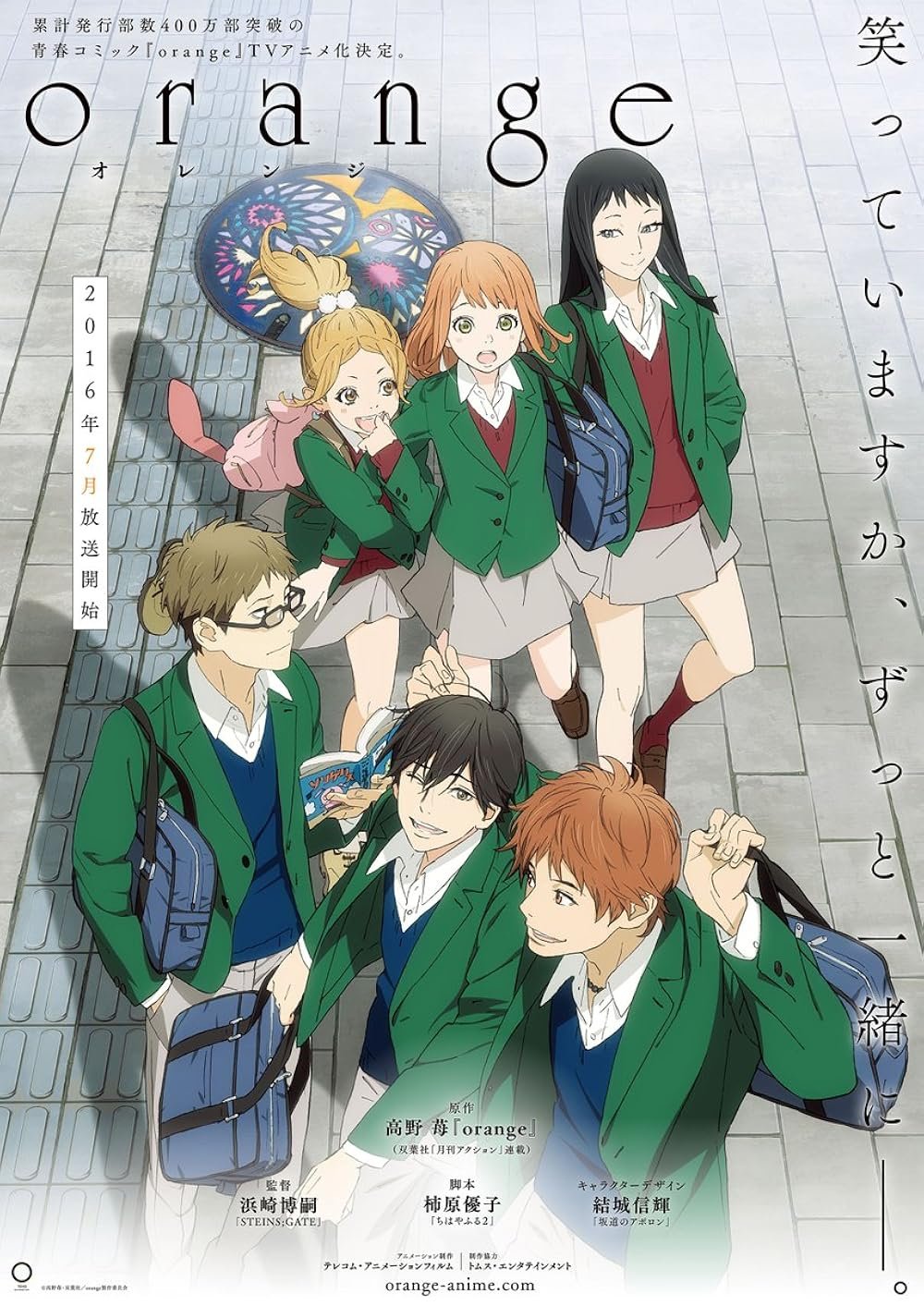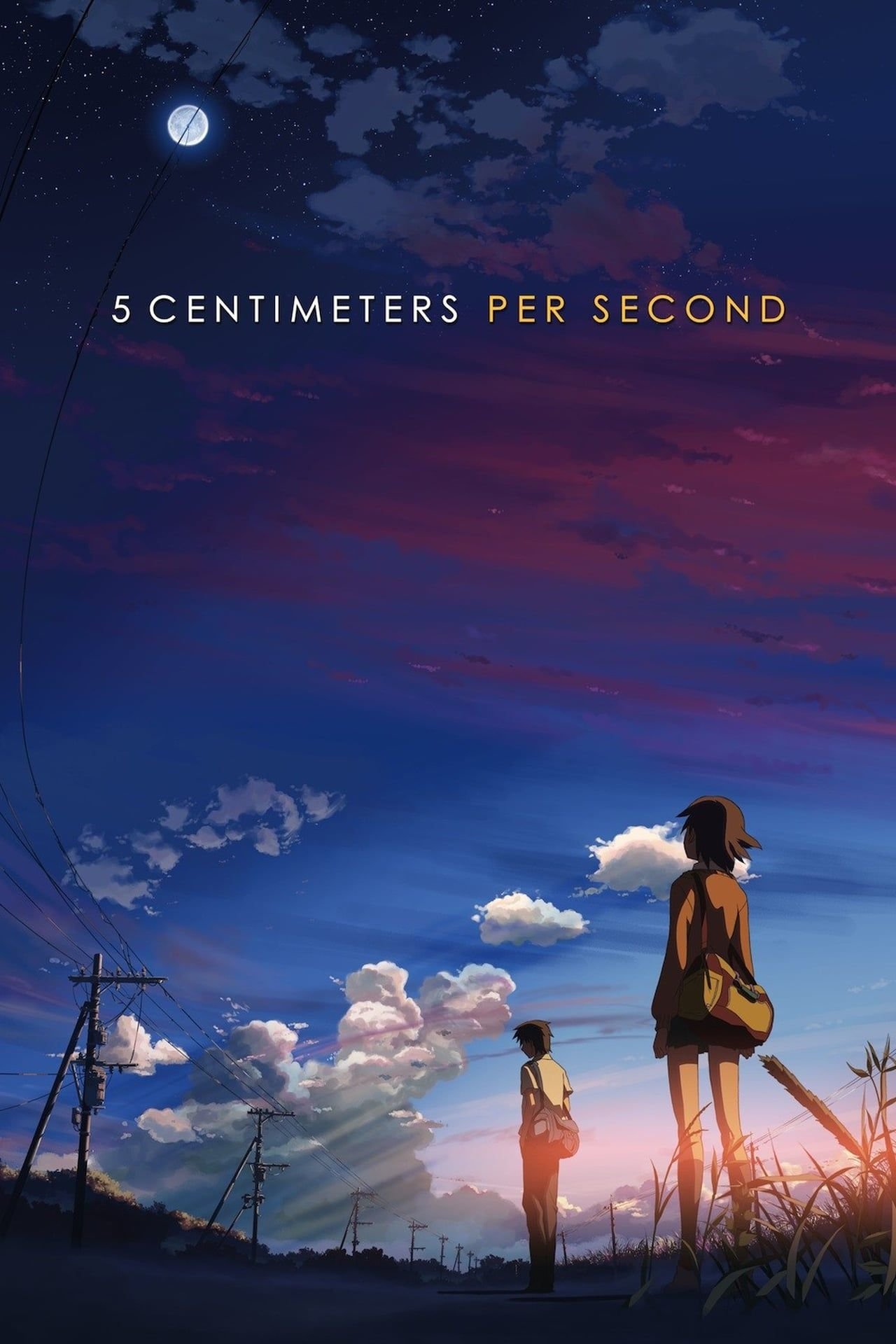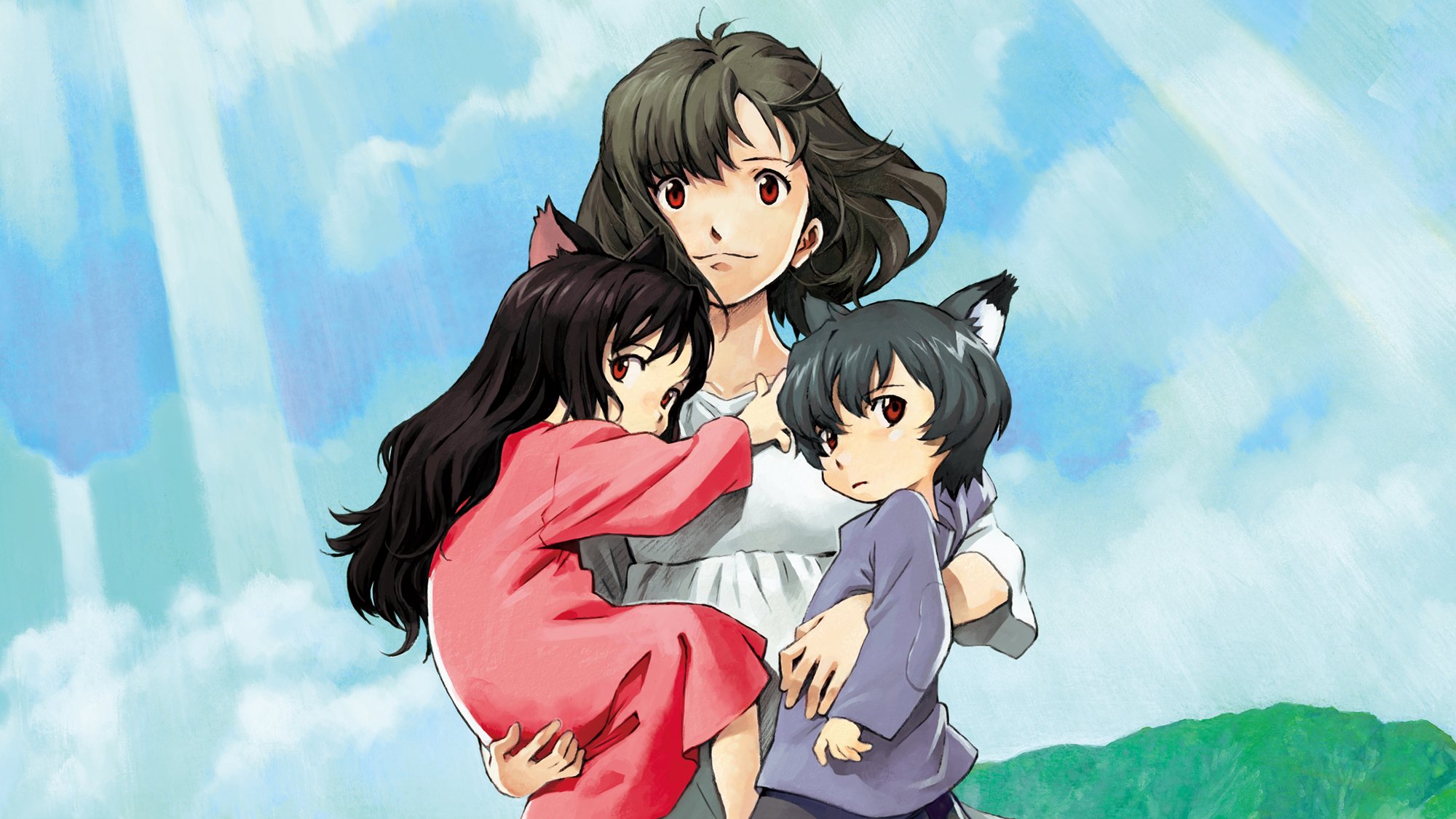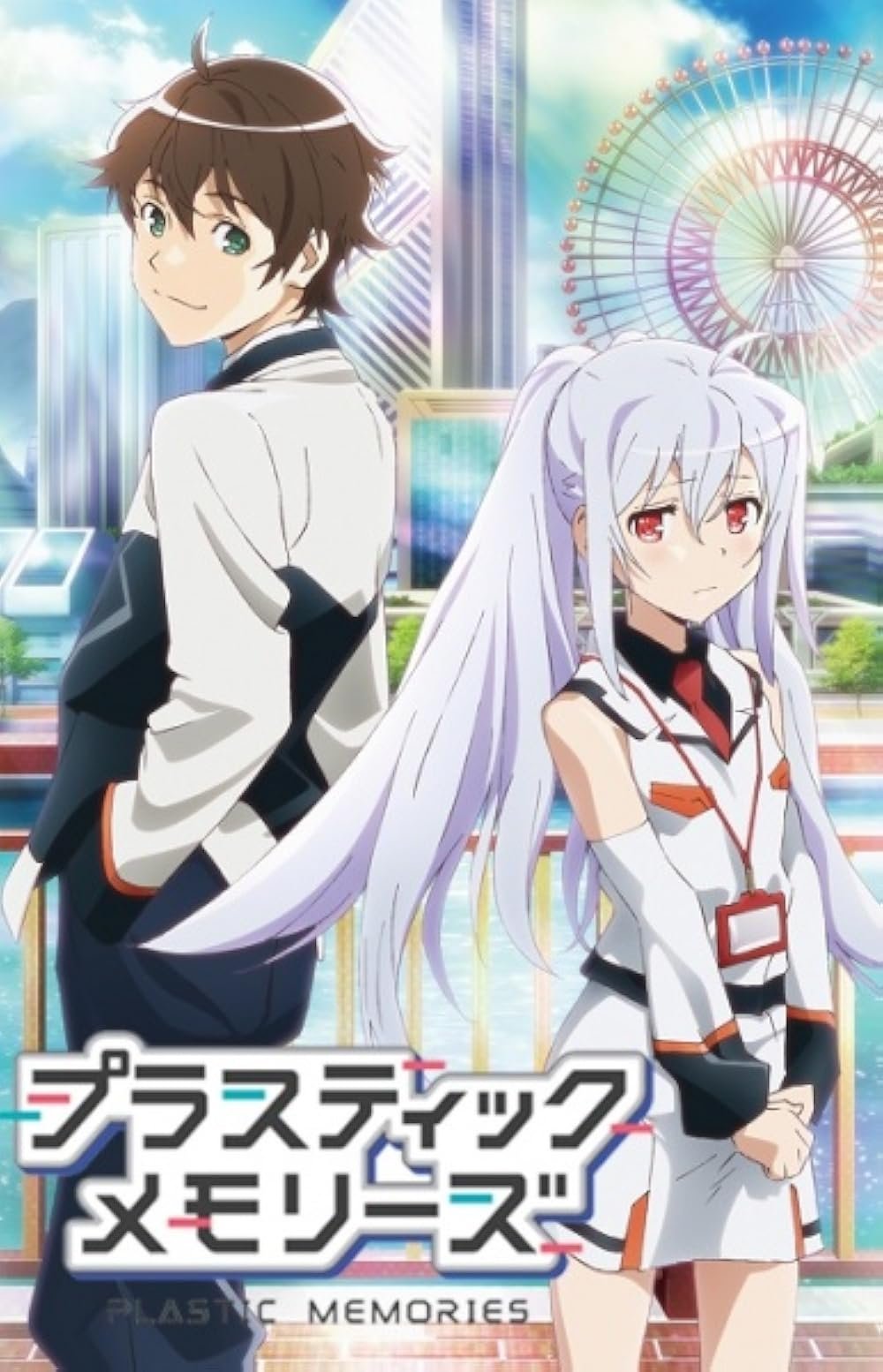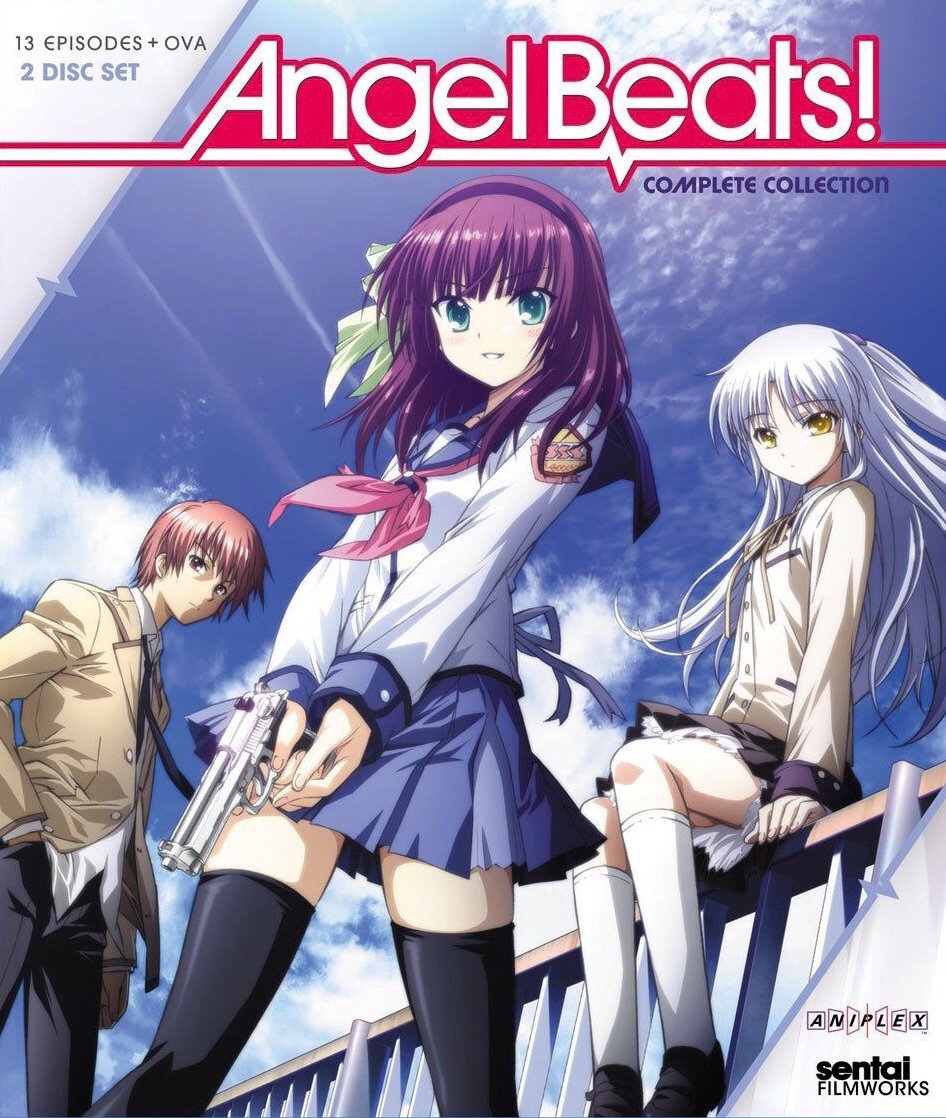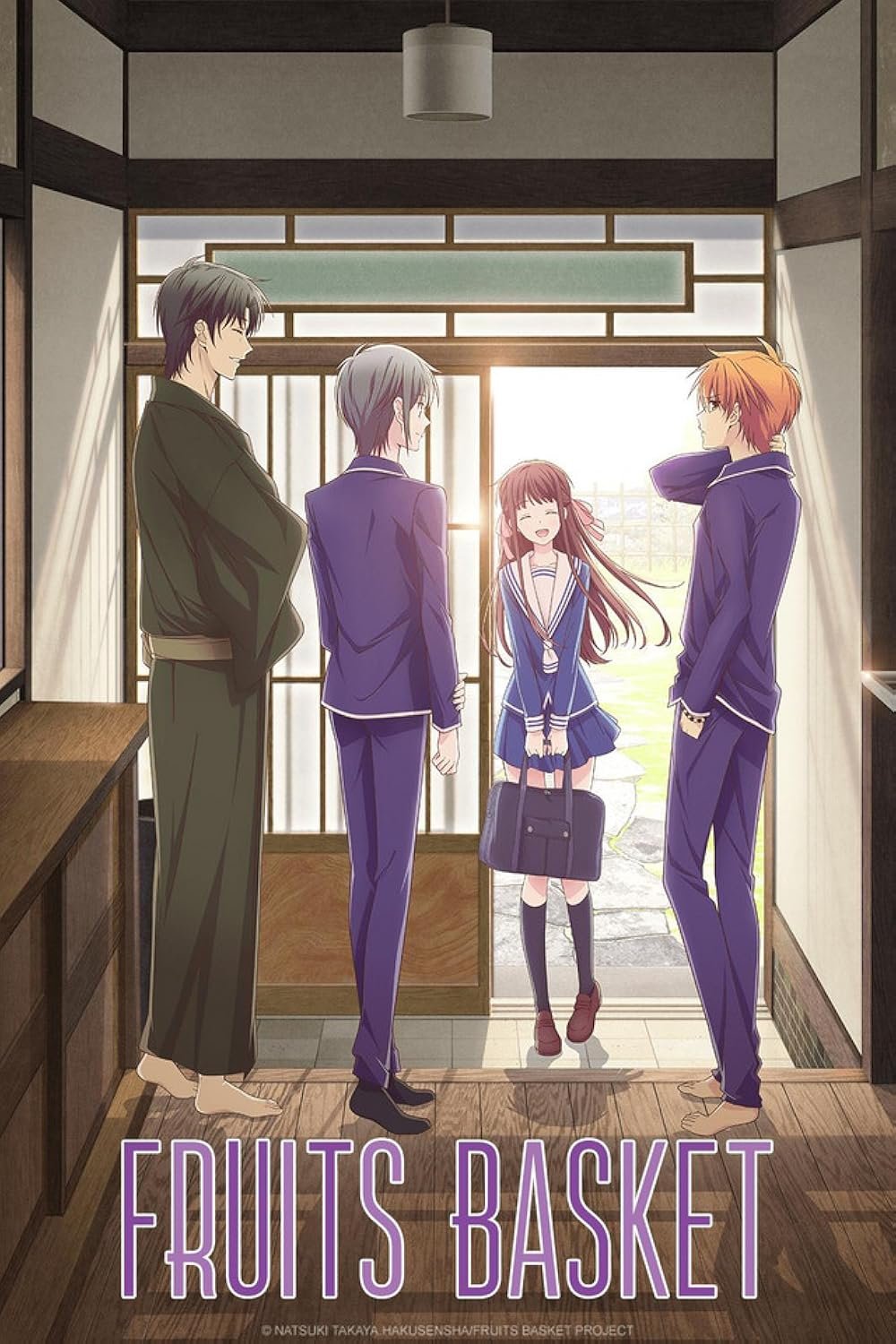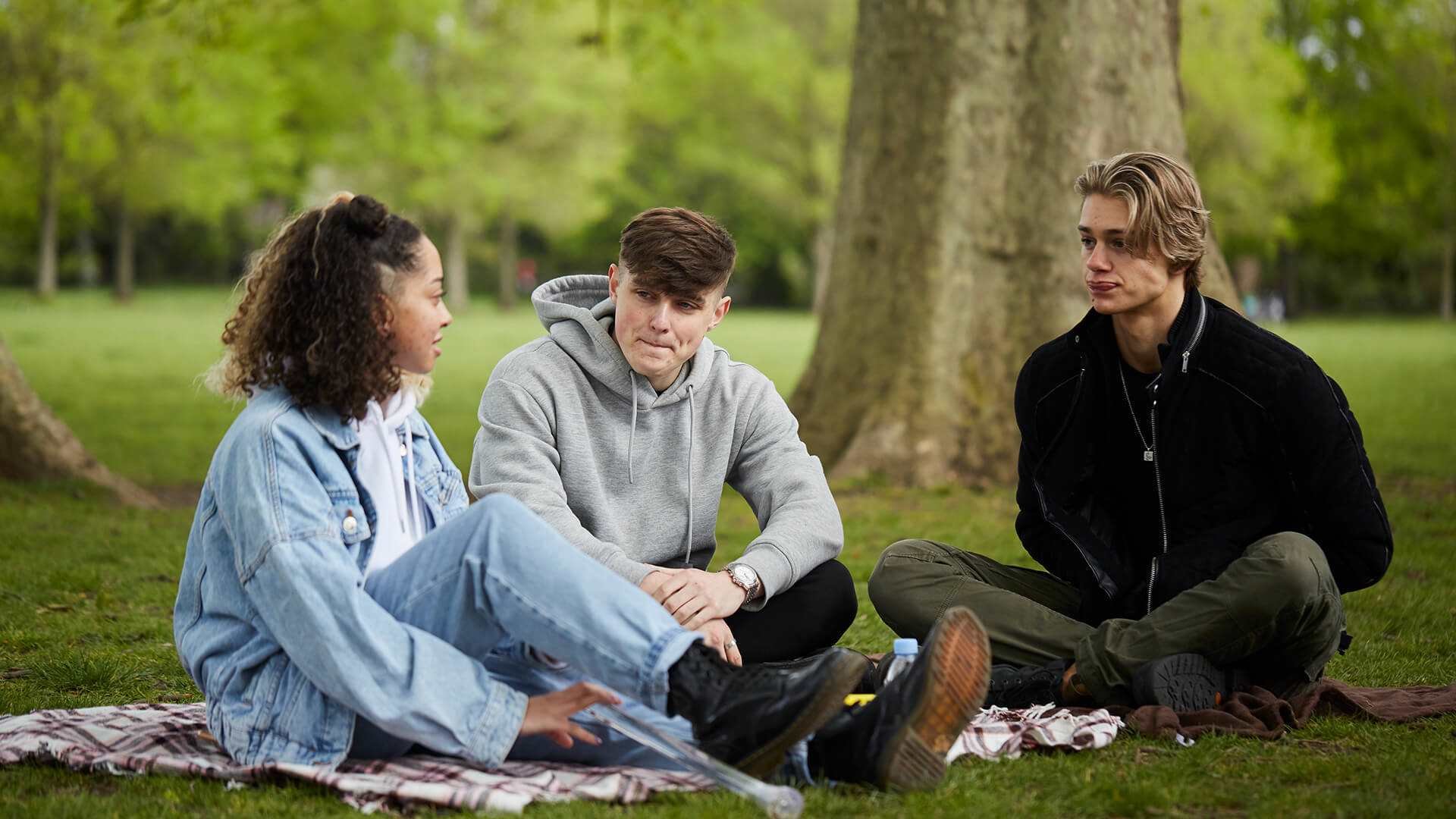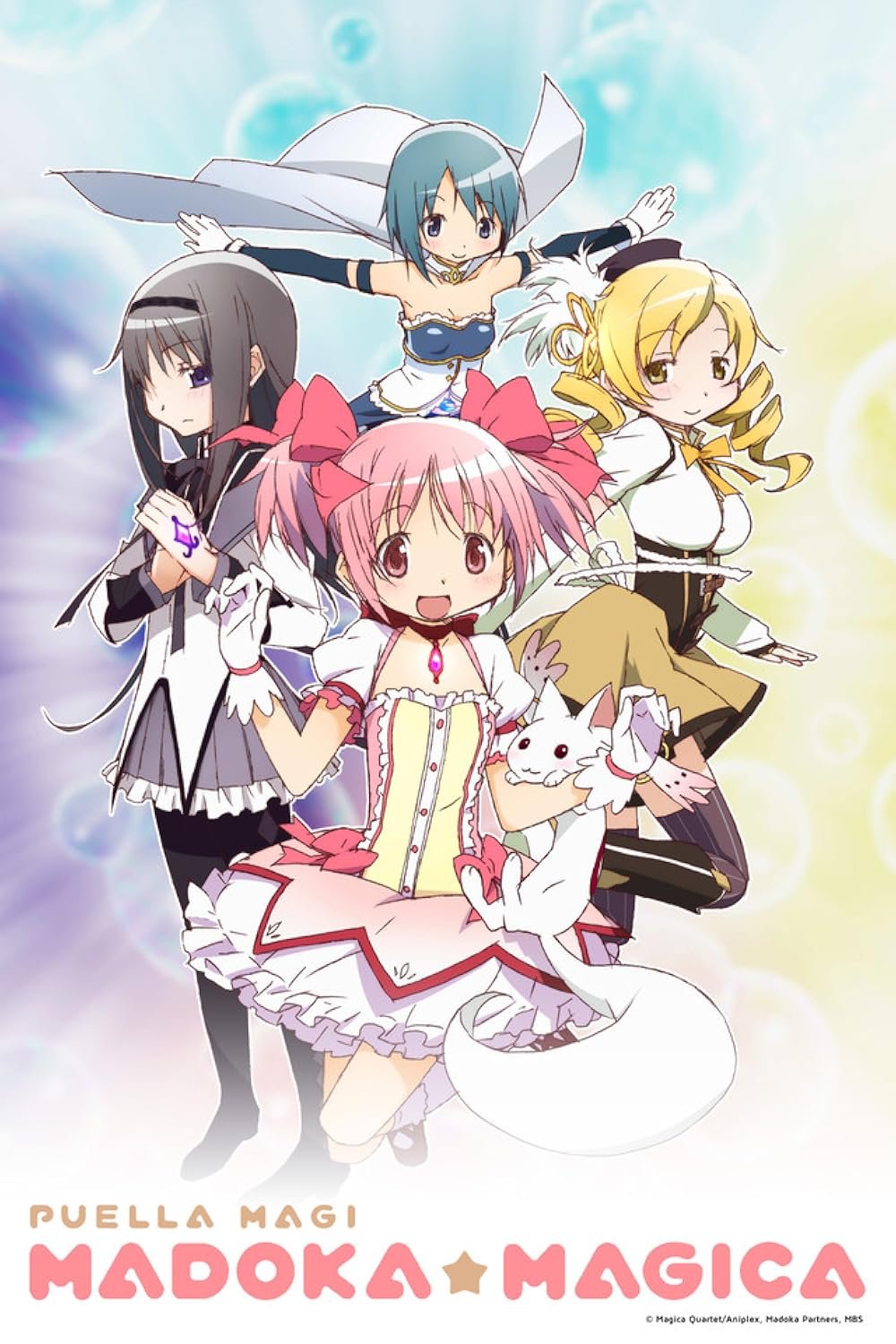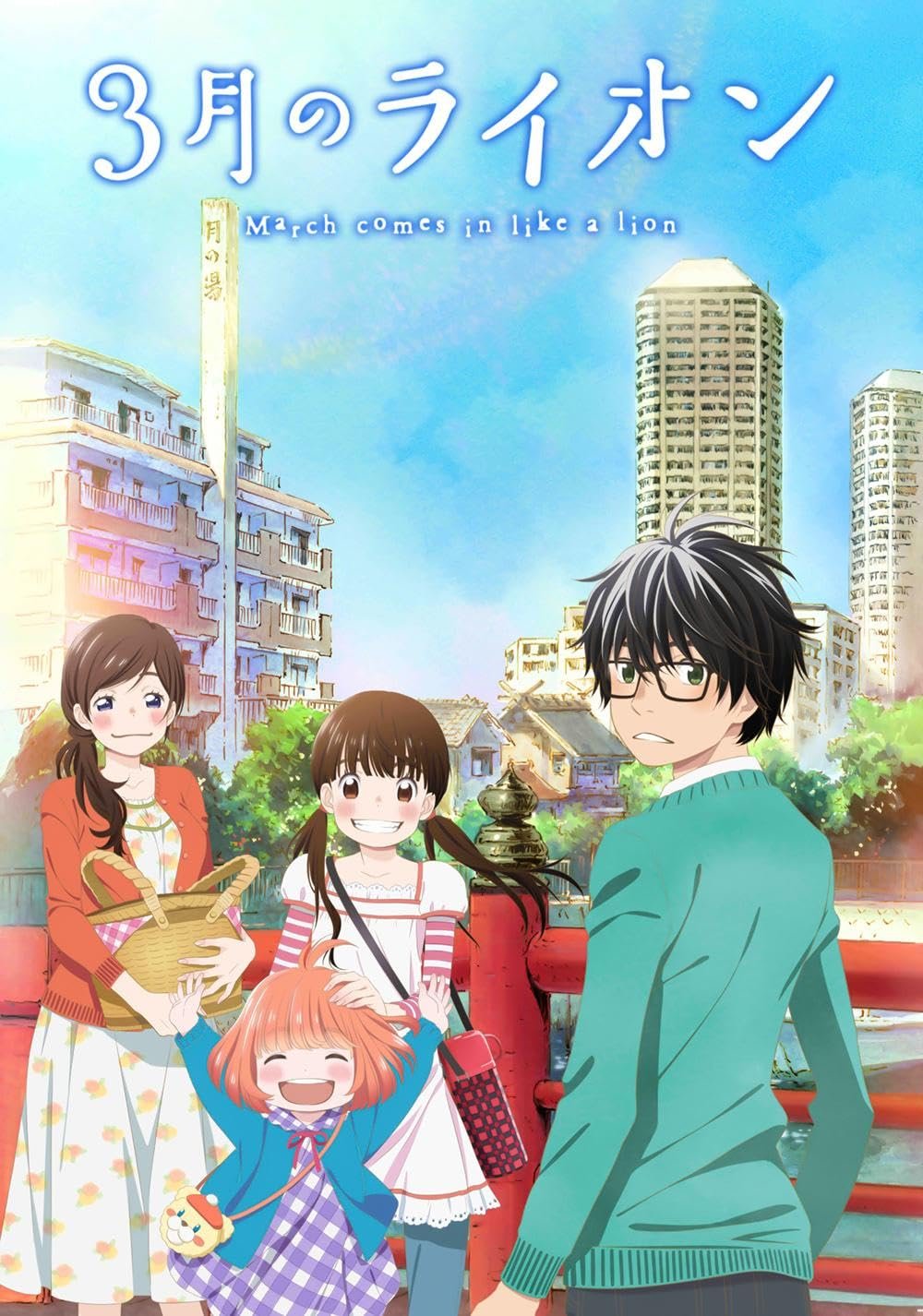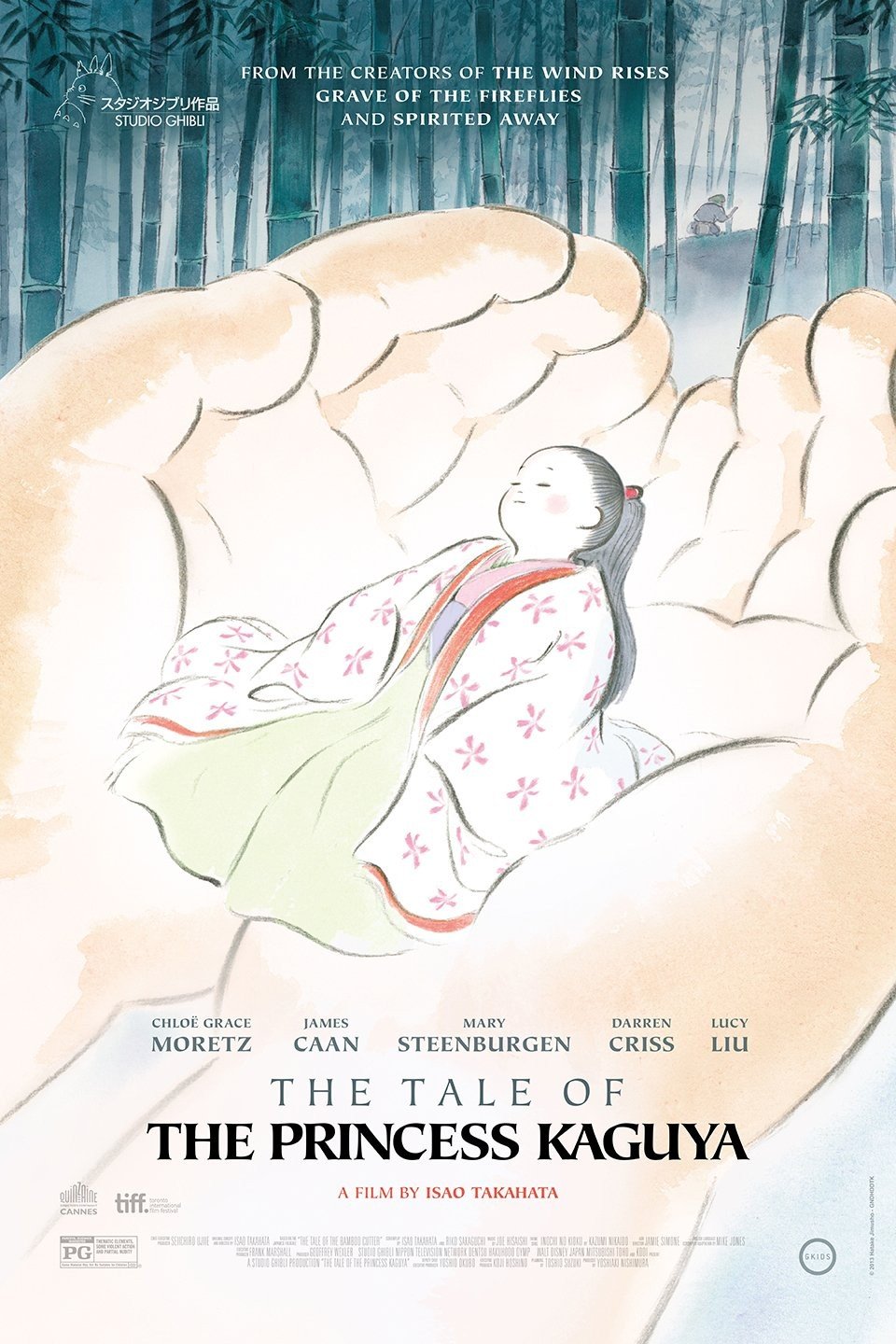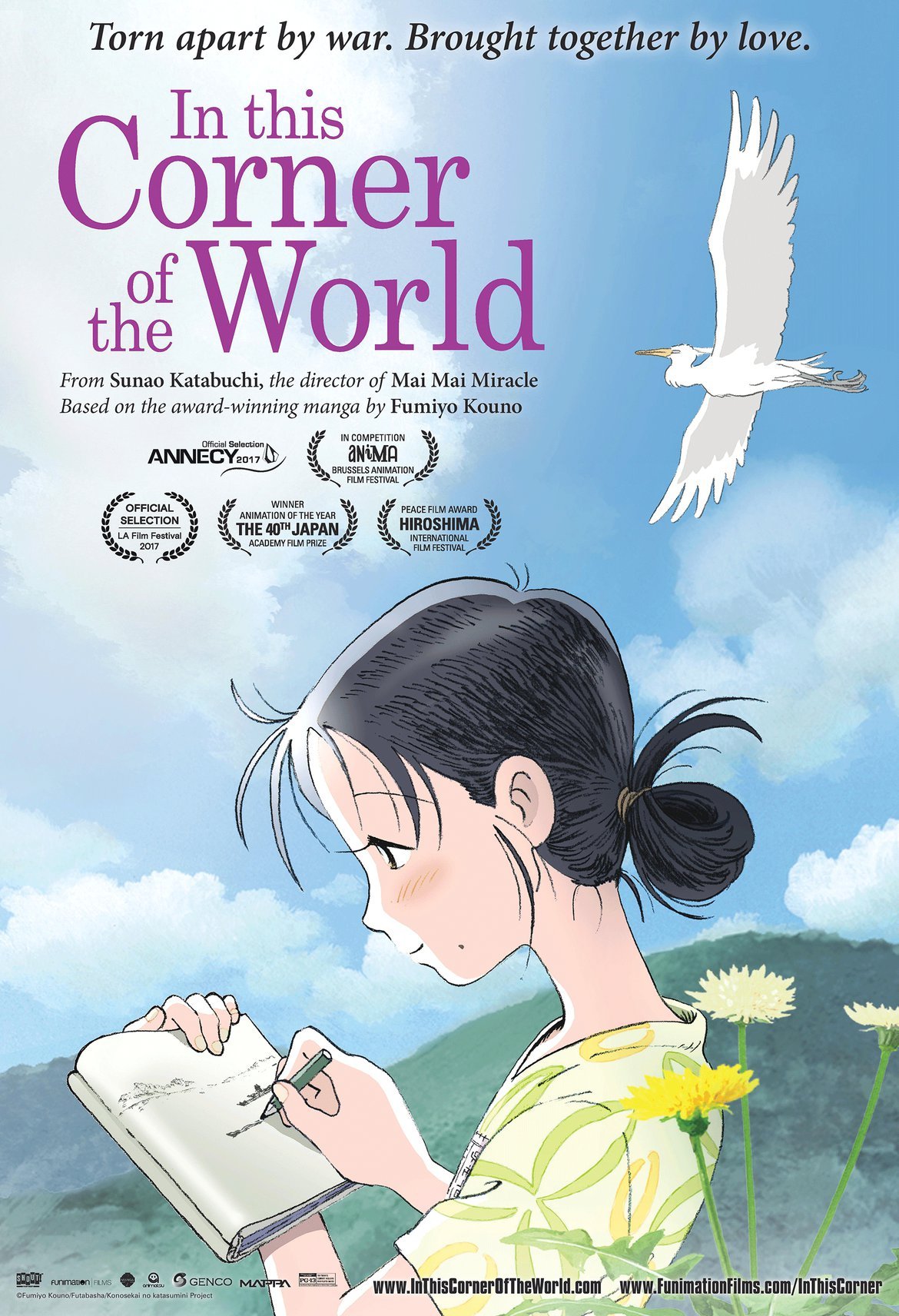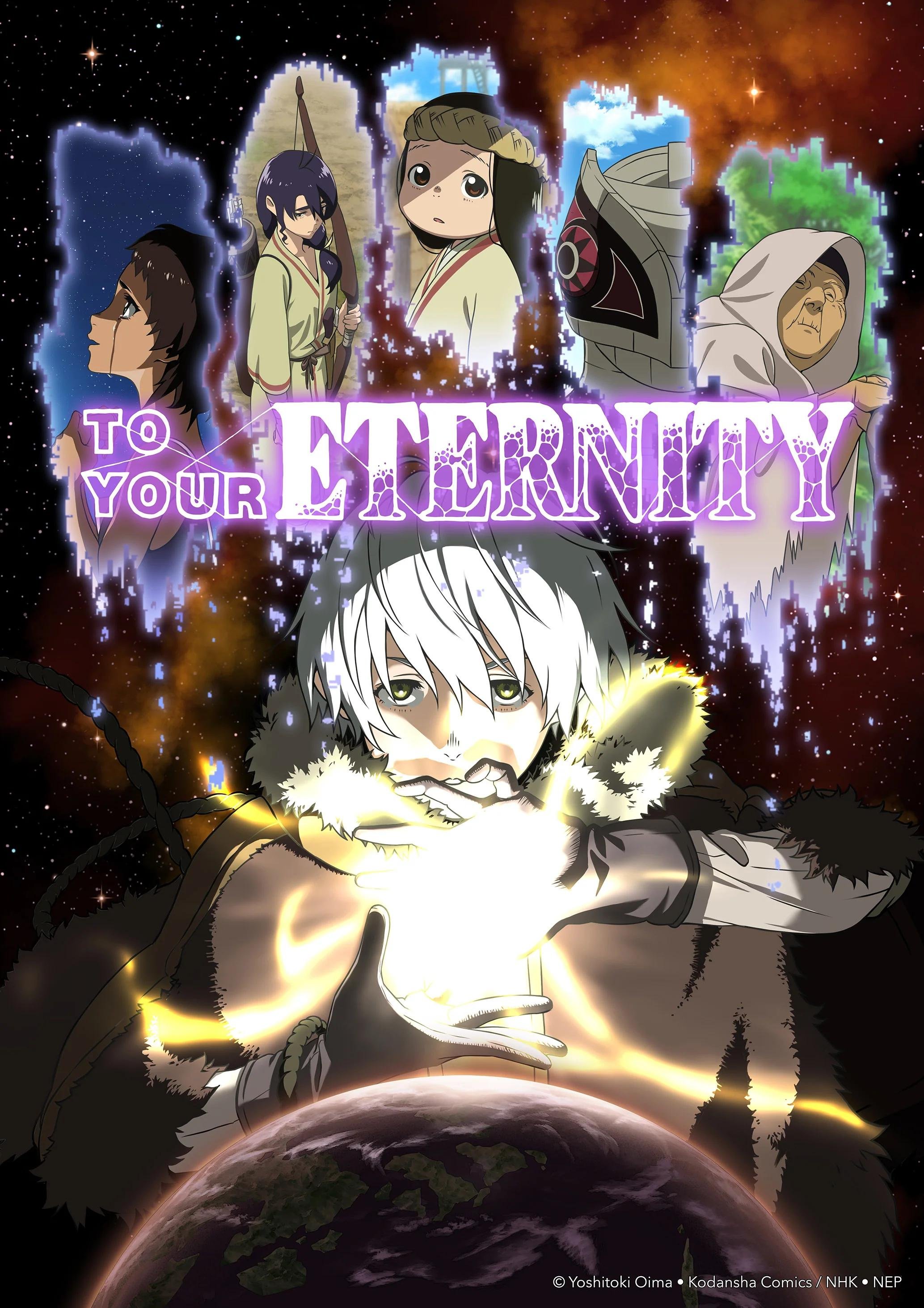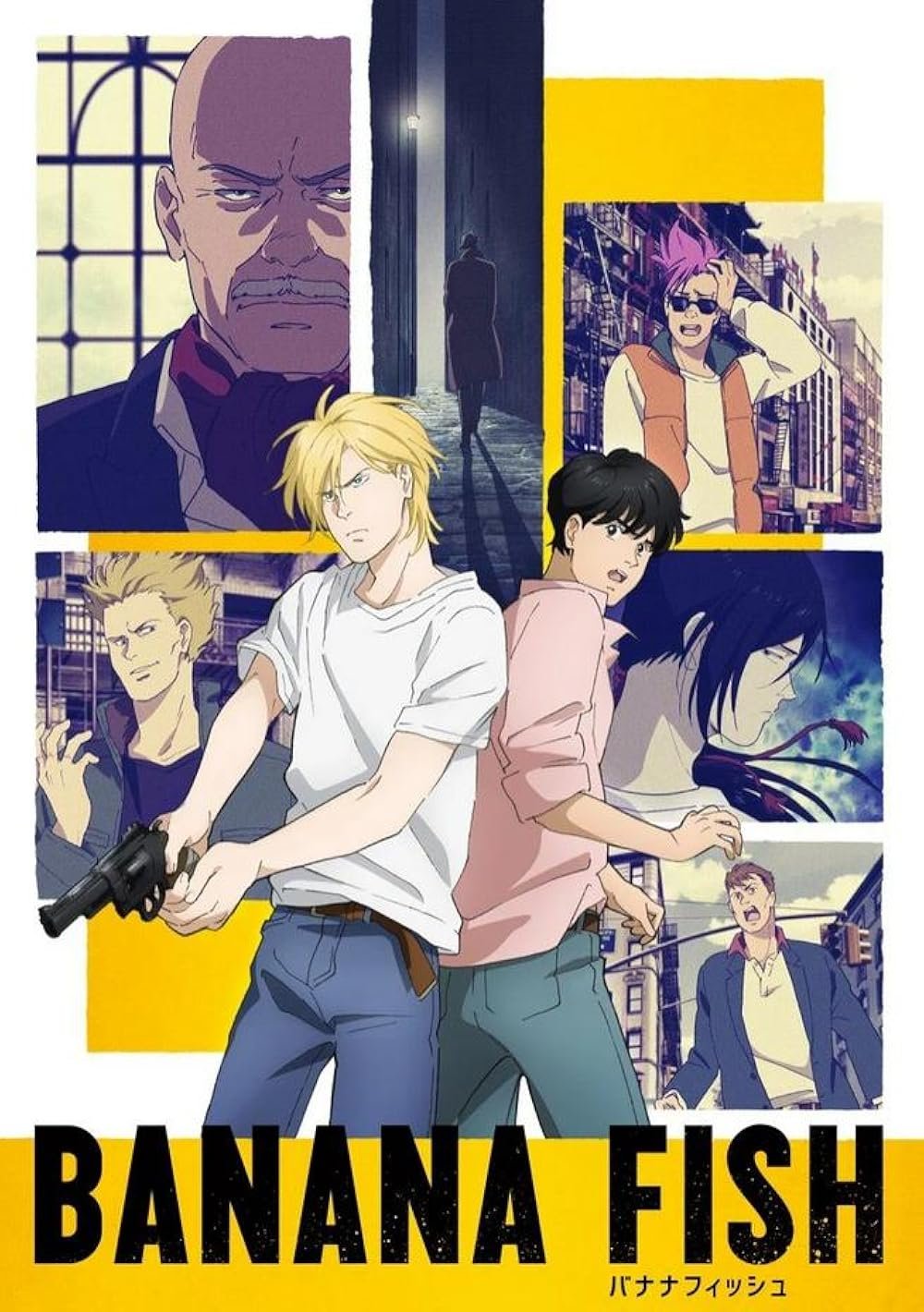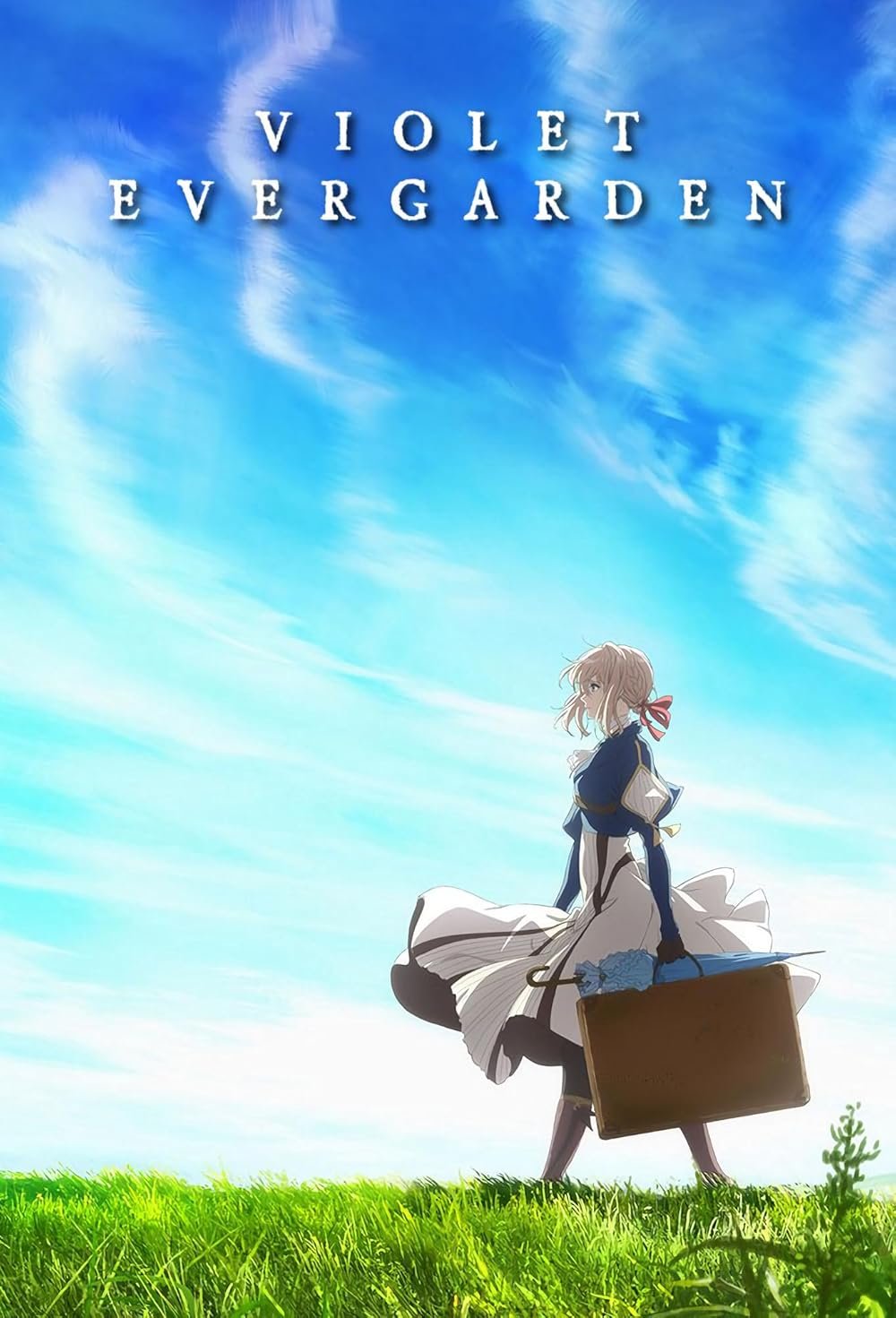The titles here are picked for how deeply they hit on loss, grief and memory. Some are quiet. Some are harsh. All of them sit with hard feelings and let them breathe, which is why they linger long after the credits.
This list counts down from #25 to #1, mixing films and series that are known for emotional impact. If you are new to any of them, consider content warnings first. Many deal with death, illness, or trauma in close detail.
25. The Wind Rises
Hayao Miyazaki’s period drama follows Jiro, an engineer who dreams of beautiful airplanes and Naoko, who battles tuberculosis. The film balances craft and cost as Jiro’s designs enter wartime production, which adds an uneasy weight to his success.
What hurts most is the quiet love story. Jiro and Naoko choose a short life together over a safer distance and each tender scene feels borrowed against time. The film’s calm tone makes the sadness feel real.
Miyazaki frames creation as both joy and regret. The gusts and dreams are lovely, yet every advance shadows into consequence, which gives the ending a soft, bittersweet fade.
24. Colorful
A lost soul is given another chance by inhabiting a boy who recently attempted suicide. To stay, he must uncover the boy’s secrets and face the pain he left behind, which makes each reveal sting.
The film looks directly at family breakdown, bullying and shame. It shows how small lies pile up until they feel unlivable. Healing here is slow and imperfect, which makes the hope credible.
By the end, kindness feels like work. The movie argues that daily care is a choice repeated and that choosing it again matters more than one dramatic moment. That message lands quiet and true.
Nothing is fixed by magic. The second chance only counts if the boy faces real consequences and practices empathy, which is the hardest part. That restraint makes the sadness earnest.
23. Josee, the Tiger and the Fish
Tsuneo dreams of the sea. Josee dreams of freedom from a life shaped by disability and fear. Their meeting leads to small risks that grow into real change.
The film avoids tragedy bait. It focuses on agency and the cost of chasing a goal when life keeps throwing barriers. Setbacks feel personal rather than clichéd, which makes the highs earned.
What aches is how love and ambition pull in different directions. The story says you can care for someone and still choose your own path. That honest choice gives the final stretch its tender sting.
22. Orange
High school friends receive letters from their future selves urging them to protect a classmate struggling with depression. The daily effort to keep him here turns ordinary scenes into careful acts.
Orange treats mental health with steady patience. The group learns that one kind moment cannot erase deep pain, yet showing up together can shift a life’s course. That push and pull feels honest.
The romance is gentle, but the friendship is the core. The series argues that prevention is not flashy. It is consistent attention, which makes the hopeful ending feel hard won.
Small choices matter. A text, a visit, a day outside become anchors against isolation. The show reminds us that being present is a quiet, life-saving habit.
“If we could go back, we’d try a little harder.”
21. 5 Centimeters per Second
Makoto Shinkai maps a first love drifting apart through time and distance. Trains, texts and missed chances replace dramatic fights and the silence makes the feelings heavier.
Each chapter shrinks the space for reunion until only memory remains. The film captures how life moves on without asking, turning hope into habit you slowly release. That release is the hurt.
The final crossing scene is simple and crushing. No big speech, just a quiet acceptance that some paths do not rejoin. The realism keeps the sadness close.
20. Wolf Children
After losing the father of her kids, Hana raises two children who are part wolf. The film becomes a study of single parenthood and the work of letting children be themselves.
Hana’s sacrifices feel practical, not mythical. She learns to fix, plant and budget while protecting her kids’ secret. The weather and seasons mark the years and each milestone carries joy and ache.
The ending honors growth over control. Love means giving children room to choose a life that might not include you daily. That truth lands with gentle, lasting pain.
“I’ll be fine.”It is both a promise and a plea and it sums up Hana’s strength.
19. Plastic Memories
In a world where androids have a short, fixed lifespan, retrieval teams collect them before memories degrade. Tsukasa meets Isla and their partnership turns into a countdown you feel in every shift.
The show’s saddest idea is simple. Love does not avoid an end. It shows up because there is one. The dates on the calendar become characters of their own, pressing in with steady pressure.
The final episodes are quiet and kind. They make space for routine days, small gifts and goodbyes that are thoughtful rather than loud. That restraint lets the emotions land.
18. Angel Beats!
Set in a school-like afterlife, teens with heavy regrets resist moving on. The fights are flashy, but the core is each character’s unfinished business, which is treated with unexpected care.
Otonashi and Kanade’s bond grows out of service and memory. When the truth links them, the twist hits as both gift and goodbye. The show turns loud comedy into a sudden, real cry.
Side stories matter. The band episode, the baseball game, the meals in the cafeteria all become steps toward acceptance. The last scene is brief yet hopeful.
“Thank you for letting me live a life I couldn’t have.”
The line captures the show’s idea that recognition is the first step to peace.
17. Fruits Basket (2019)
This new adaptation tells the full story of the Soma curse. It centers Tohru’s compassion and the family’s cycle of control, trauma and recovery, letting each arc breathe with care.
The sadness is not only in past harm. It is in how long it takes to unlearn fear. Apologies arrive late. Forgiveness is gradual. The show gives room for awkward, messy healing.
By the end, many characters choose new patterns. The curse is more than magic. It is a system of power that gets broken by honest connection. That shift feels moving.
Also Read
10 phrases that sound supportive but are actually a subtle sign of manipulation
16. Cowboy Bebop
Spike drifts with bounty hunters on the Bebop while his past with Julia and Vicious hangs over every episode. The show is stylish, yet its heart is lonely.
Each crew member carries a private loss. Ed leaves without drama, Faye searches for a time that is gone and Jet keeps old wounds alive through ritual. The stories end with open air.
The finale is clean and cruel. Choices catch up. The last title card says it all.
“You’re gonna carry that weight.”The line lands like a door gently closing.
Even the jazz feels sad by the end. Movement cannot solve a core hurt if you never turn to face it. Spike does and the cost is final.
Also Read
10 Phrases That Sound Supportive But Are Actually a Subtle Sign of Manipulation
15. Puella Magi Madoka Magica
The show starts cute and tilts into a system where wishes become fuel for despair. Each girl’s hope is used against her, which gives every battle a sharp, tragic edge.
Homura’s loops turn affection into burden. Trying to save one person again and again breaks her in slow, visible ways. The series makes sacrifice feel heavy rather than noble.
The ending reframes the world at a cost. It is kind to many, but not to all and leaves the idea that a fix can still carry grief. That nuance is what sticks.
14. March Comes in Like a Lion
Rei Kiriyama is a teenage shogi pro who is deeply depressed. The show watches him learn to eat regular meals, manage school and accept help, turning ordinary acts into wins.
Also Read
People With Low Emotional Intelligence Often Miss These 6 Social Cues
The Kawamoto sisters offer warmth without strings. Their home becomes a counterweight to Rei’s isolation. Episodes about bullying and burnout hit hard because they feel so human.
Progress is not linear. Setbacks come and the series respects them. By making kindness a habit, it shows how people get better over time. That slow arc is deeply moving.
Shogi matches mirror inner storms. Every captured piece marks a step toward clarity, not just victory, which gives the games real heart.
“It’s okay to be weak. Just don’t give up on being kind.”
13. The Tale of the Princess Kaguya
Isao Takahata retells the folk story with brush-like animation that looks alive. Kaguya is raised to be a perfect lady, which slowly strips the joy from her life.
Also Read
8 Weird Habits You Don’t Realize You Have From Growing Up In A “We Can’t Afford It” Household
Moments of escape burst across the screen, then settle back into duty. The contrast makes each smile feel rare. The ending returns to where the story must go and it still hurts.
The film asks what a life is worth if it cannot be lived with freedom. Kaguya’s final look back is one of the saddest images in animation.
12. In This Corner of the World
Suzu marries into a family near Hiroshima and carries on as the war tightens around her. The tone is gentle, which makes every loss feel more real.
The film focuses on tasks: cooking with shortages, navigating raids, keeping a home going after injury. These details build a life worth protecting, which makes the blows crushing.
Also Read
10 Phrases That Sound Supportive But Are Actually A Subtle Sign Of Manipulation
There is no cheap uplift. What remains is stubborn care and the will to keep a household together. That perseverance is its own answer.
“Even so, we live in this corner of the world.”
11. To Your Eternity
Fushi, an immortal entity, learns by forming bonds and then losing them. Each arc teaches him something human and each goodbye leaves a mark that does not fade but layers.
The show is blunt about death. It does not stall the blow, which makes moments of kindness feel sacred. The cycle of meeting and parting becomes its own kind of story.
What begins as an experiment becomes a life. Fushi starts to care about people rather than roles, which turns action set pieces into stakes that actually matter.
Also Read
8 Cringey Phrases Older Relatives Use at Family Dinners That Younger Guests Dread
10. Banana Fish
Ash Lynx fights to escape a violent world that keeps dragging him back. His bond with Eiji is the show’s heart, gentle within chaos, which is why it hurts.
The series treats trauma without soft focus. Power, exploitation and revenge twist around each other until choices narrow to a single, costly path. The final note is quiet and heavy.
“I want to live.”That wish fights with a past that will not let go. The contrast makes every small moment of peace feel huge and fragile.
Even victories taste like loss. The story never lets you forget who pays for every step toward freedom.
